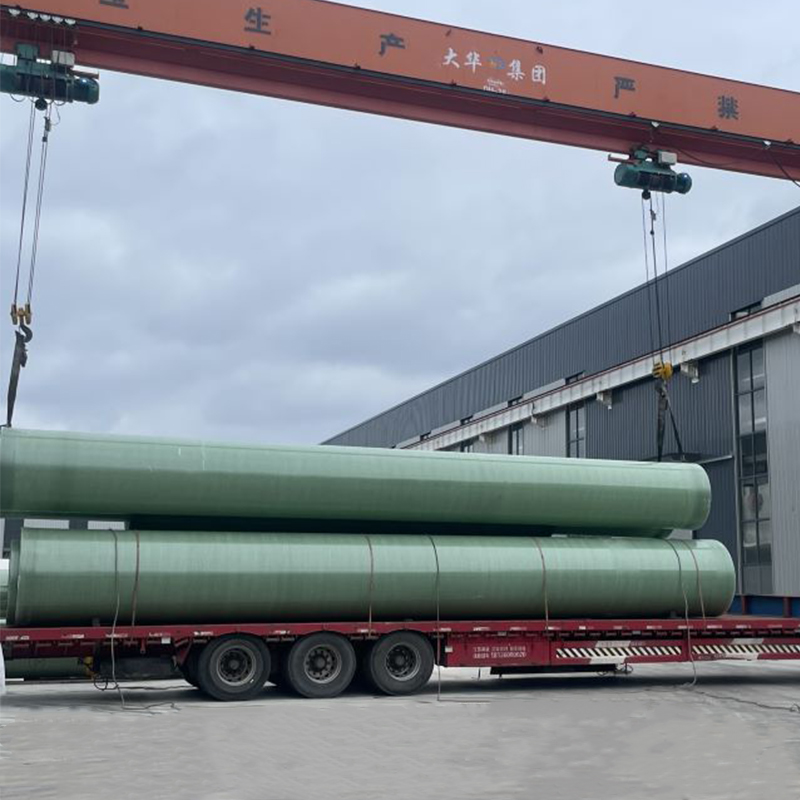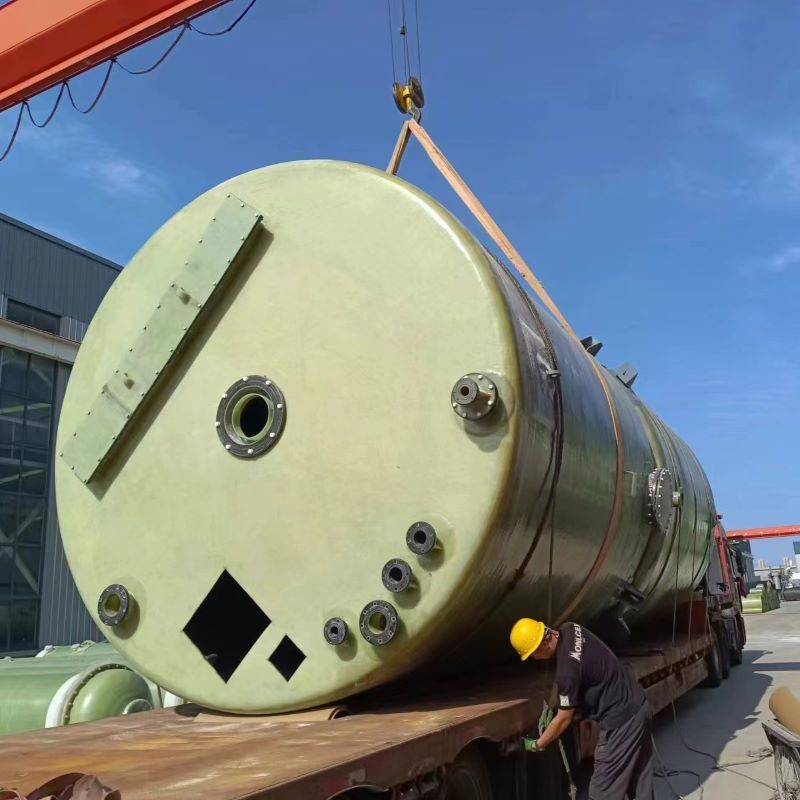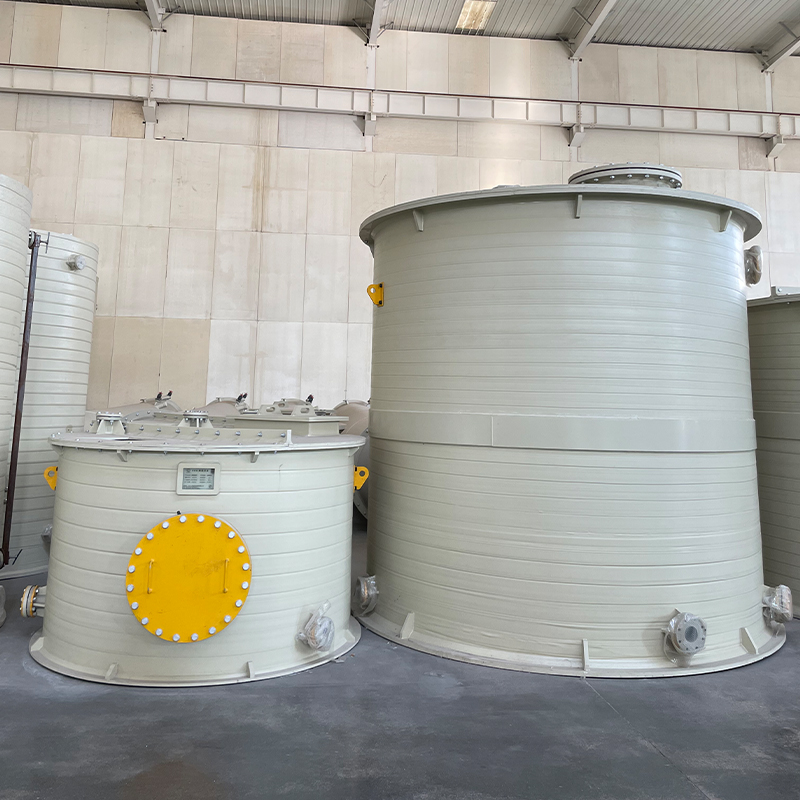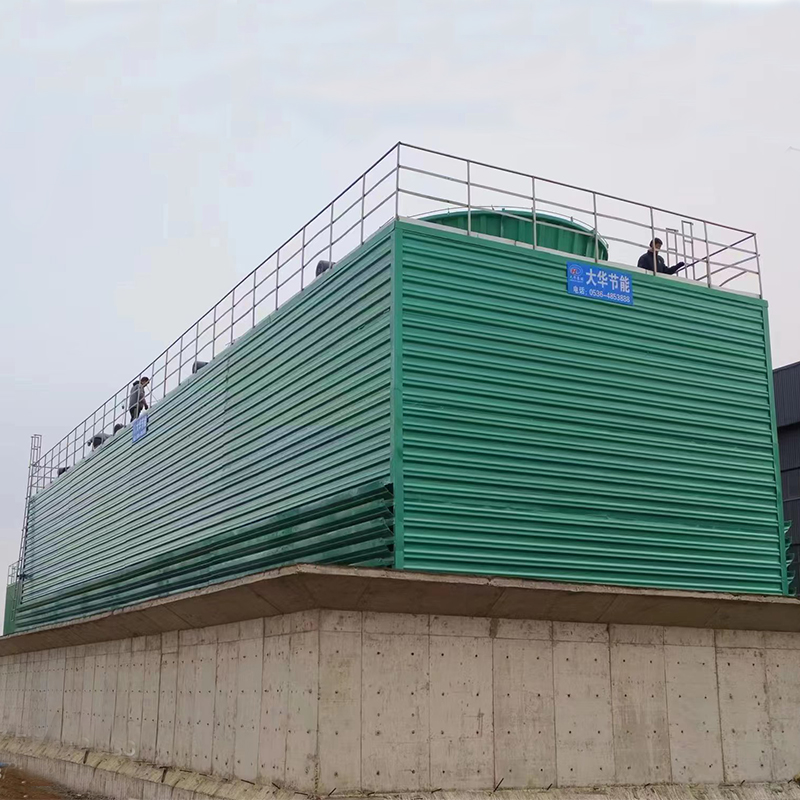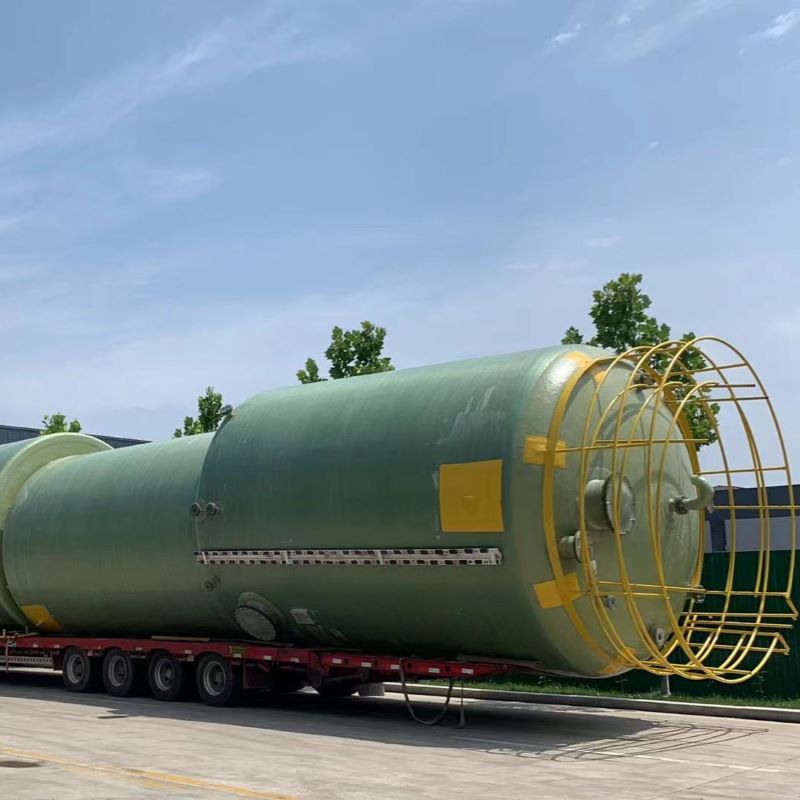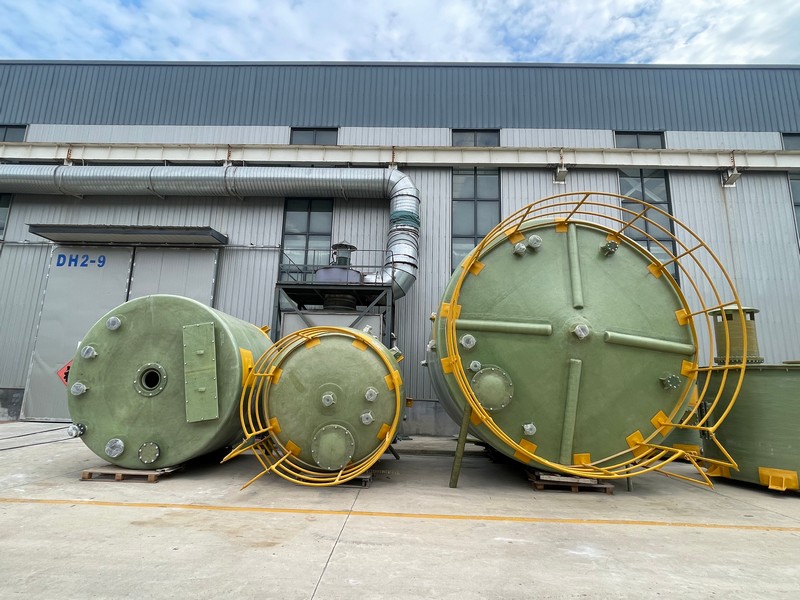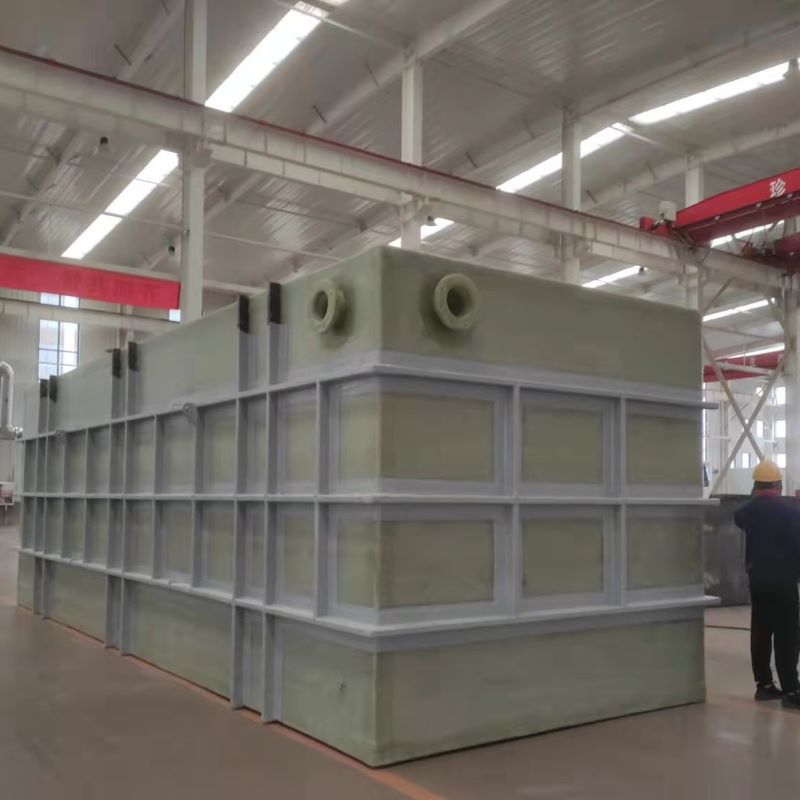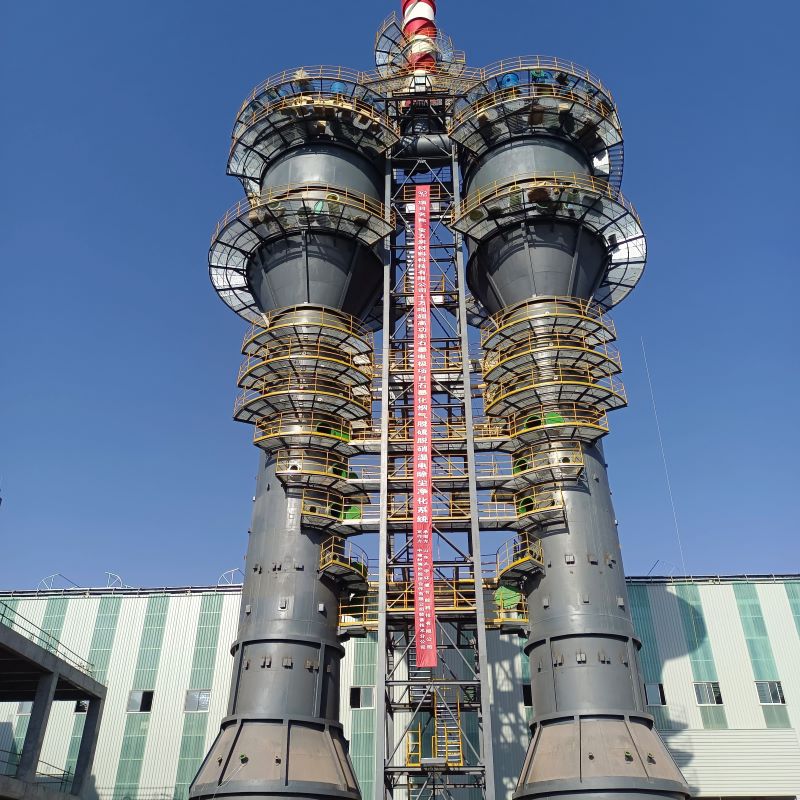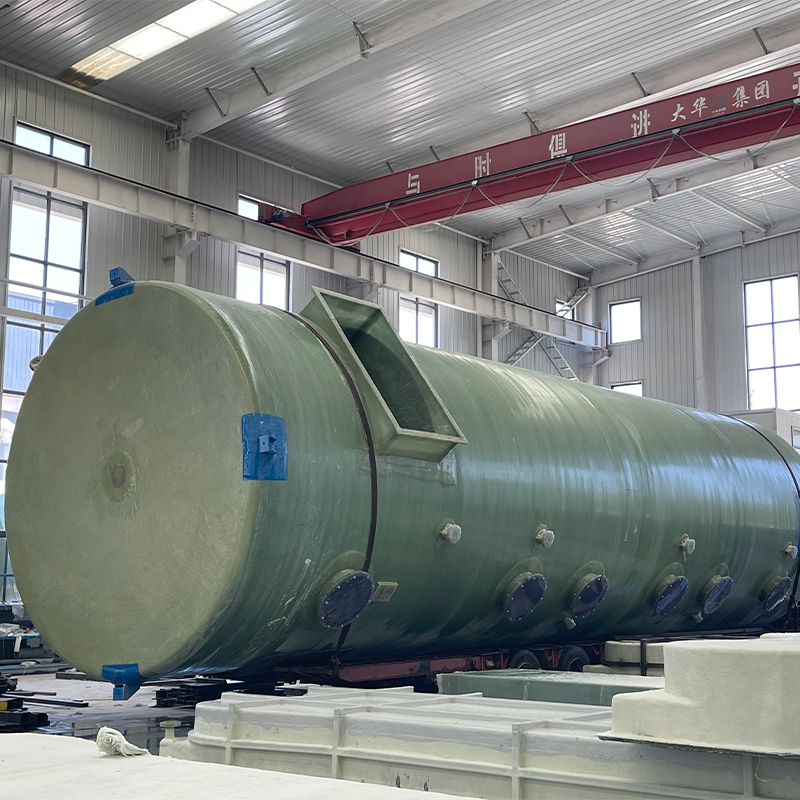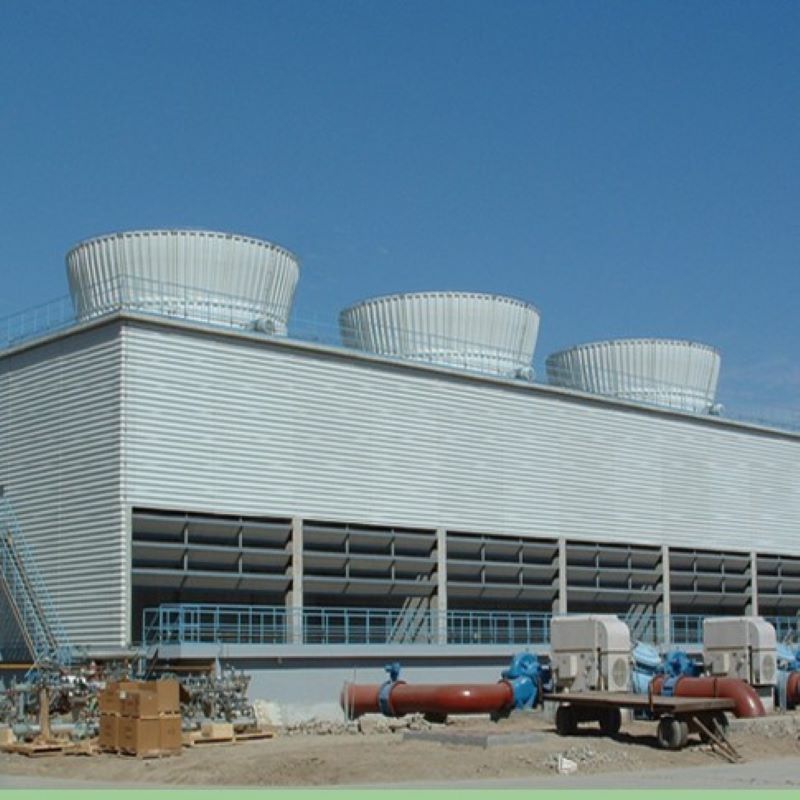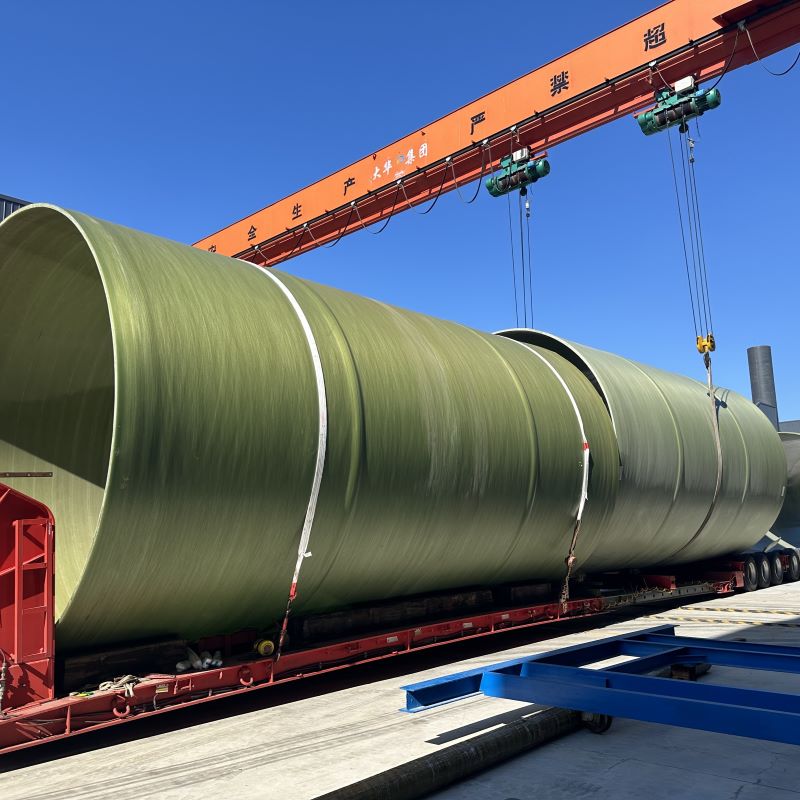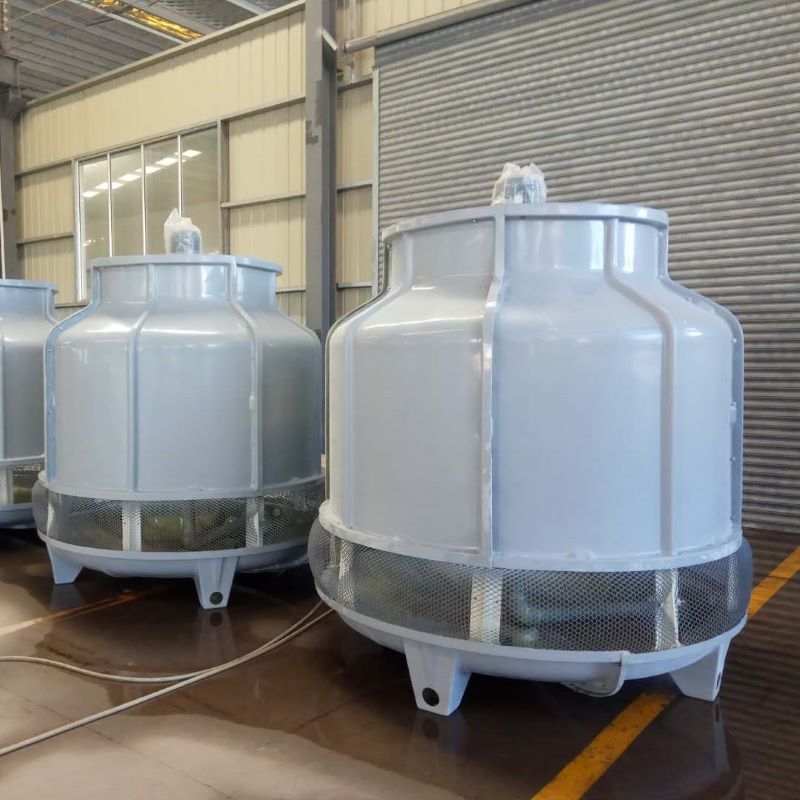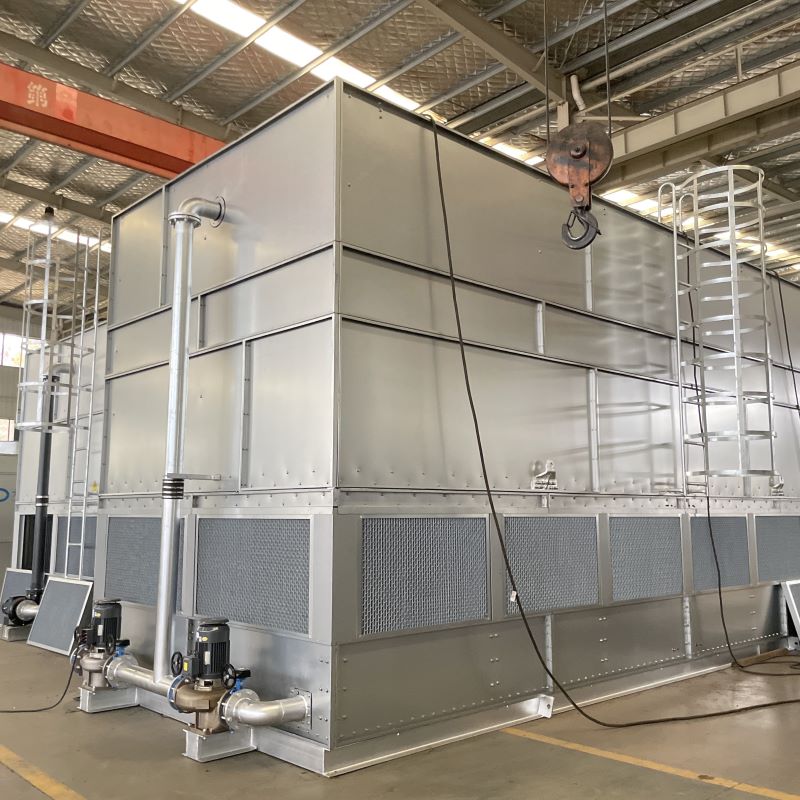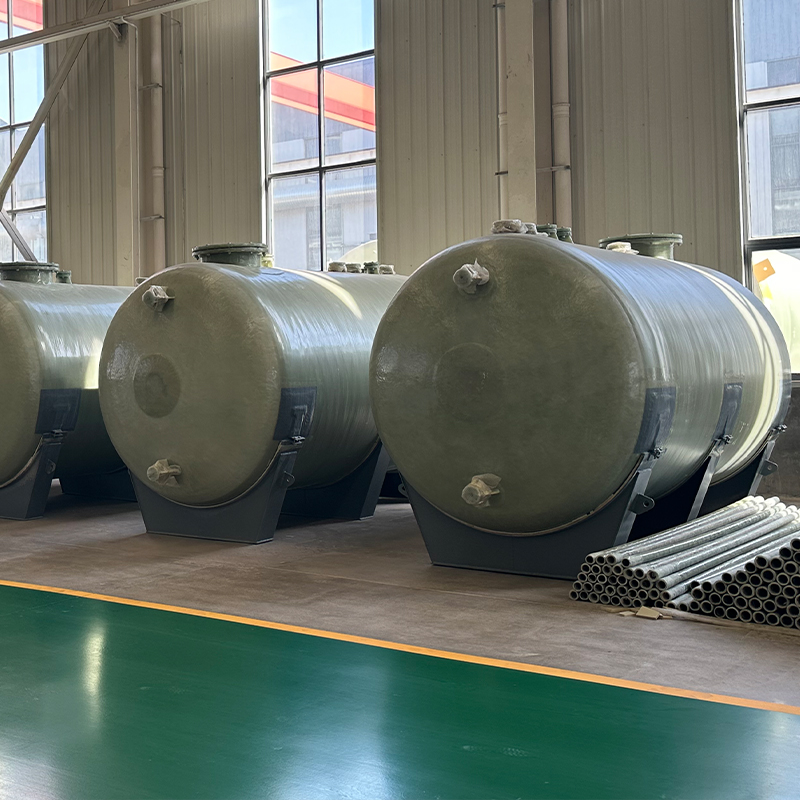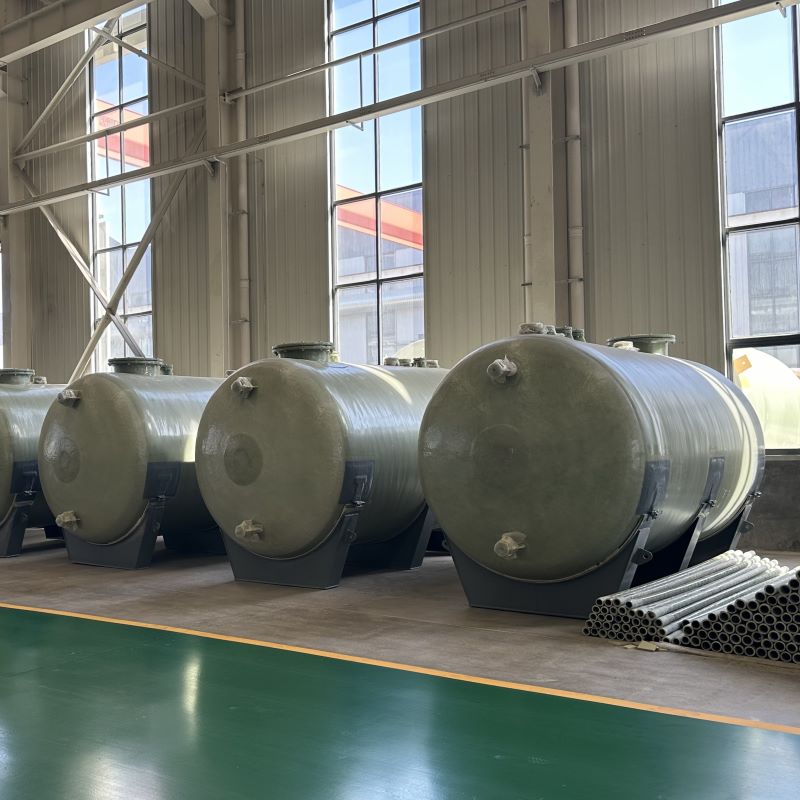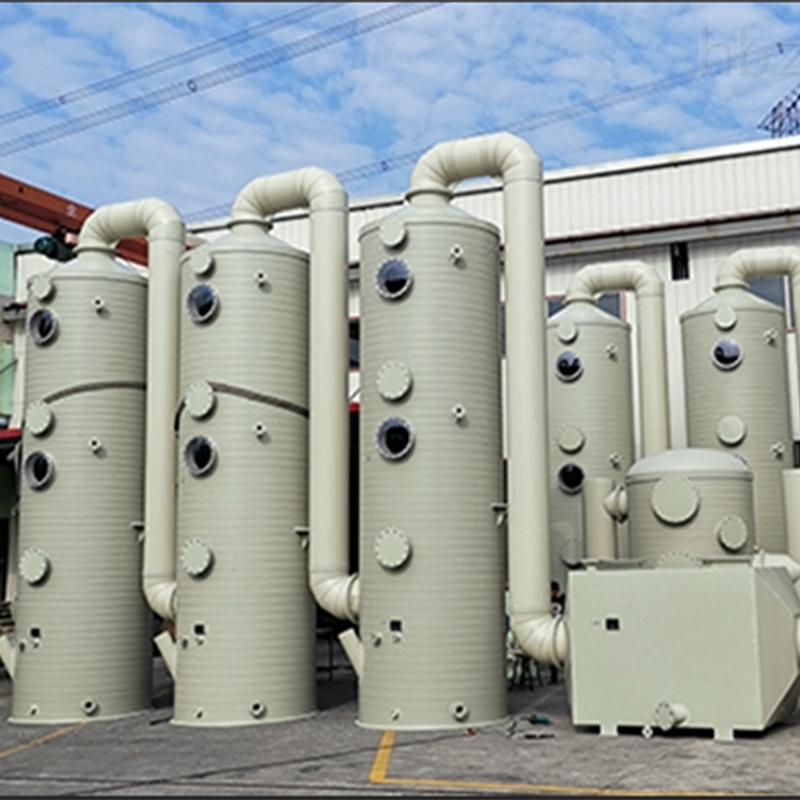
China Potassium Sulfate Production Equipment
html
Understanding China Potassium Sulfate Production Equipment
China has taken a leading role in the global potassium sulfate production equipment market. Whether you're inside the industry or just someone curious about chemical production, grasping the nuances of production equipment in China could be crucial. Now, let's dive deeper.
The Basics of Potassium Sulfate Production
The production of potassium sulfate is essentially about understanding the chemical processes involved. The equipment used is not just about machinery but also the delicate chemistry that must be maintained. From my experience, the heart of the operation lies in correctly configuring the production line.
One common misconception is that these processes are simple and straightforward, but any industry veteran will tell you otherwise. The design and engineering of the equipment can significantly impact the efficiency and capacity of production. The machinery needs to withstand high temperatures and corrosive environments, often requiring custom solutions.
We've tried a range of methods, from the Mannheim to the sulfate-sulfite process, and each has unique requirements. In our facility, we noticed the need for constant adjustments to maintain the right concentrations and temperatures, especially when scaling up production.
Challenges Faced in Production
One of the more persistent issues we've encountered involves raw material consistency. The quality and type of inputs can dictate the machinery's performance. This has often led to equipment fine-tuning to adapt to variations found in raw materials.
From our trials, corrosion remains a notable challenge too. This isn't merely an operational concern but also a financial one, as the equipment lifespan directly impacts production costs. We've found that selecting materials that resist corrosion while still allowing efficient heat transfer is crucial.
Furthermore, how the product is cooled and crystallized demands precision engineering and continuous observation. Any deviation can lead to inefficiencies or product quality issues, something we learned the tough way after several failed cooling systems.
Innovations and Adaptations in Equipment
Over the years, China's focus on innovation has led to remarkable advancements. I remember a visit to a Shanghai expo where a new process control system was showcased, highlighting the automation trends revolutionizing efficiency and labor dependency.
Automated control systems, such as those integrating AI and IoT, provide real-time data and analytics, enhancing decision-making and operational resilience. Our team embraced these tools, substantially reducing response times during unexpected operational shifts.
A breakthrough for us was implementing predictive maintenance via machine learning algorithms, identifying potential failures before they occurred, thus saving us significant downtime.
Environmental and Economic Considerations
Environmental impacts are increasingly at the forefront of chemical manufacturing discussions. The move towards greener production methods has often felt like navigating uncharted waters, where regulations can shift swiftly.
Utilizing advanced scrubbers and emission control systems has become standard practice. In our experience, they represent not only an environmental responsibility but also a benefit to community relations and overall compliance costs.
Moreover, these adaptations reflect the broader economic trends influencing the market. The investments in reduced emissions and efficient resource use bear fruit in market reputation and potential subsidies.
The Future of Potassium Sulfate Production Equipment in China
Looking ahead, the landscape of potassium sulfate production equipment in China is poised for evolution. Companies continue to strive towards integrating more sustainable practices, driven by both local regulations and international demands.
As seen with many industry counterparts, embracing digital transformation is inevitable. The integration of smart technology across supply chains is reshaping the competitive dynamics, pushing firms to innovate continually.
Ultimately, maintaining a competitive edge in this sector requires a delicate balance of innovation, adaptation, and adherence to environmental and economic challenges. As the industry continues to evolve, keeping pace with these changes is crucial for success.
Соответствующая продукция
Соответствующая продукция
Самые продаваемые продукты
Самые продаваемые продуктыСвязанный поиск
Связанный поиск- Best Filled Closed-Circuit Cooling Tower product
- OEM commercial portable evaporative cooler
- Potassium Sulfate Production Equipment exit
- Best Large Vertical FRP Tank Manufacturer
- high quality Professional Air Cooler Manufacturer
- Best FRP Pipe Fittings Manufacturer Manufacturer
- OEM Vertical FRP Hydrochloric Acid Tank price
- China Closed Circuit Cooling Towers Manufacturer
- OEM Custom FRP Chimney price
- OEM FRP Hydrochloric Acid Tank price


